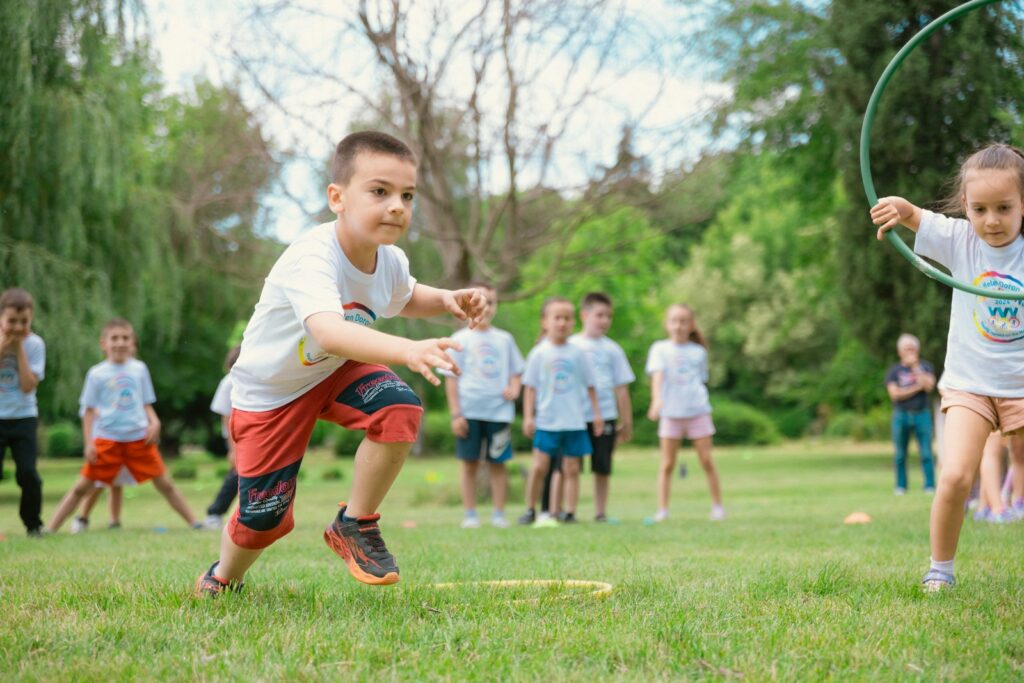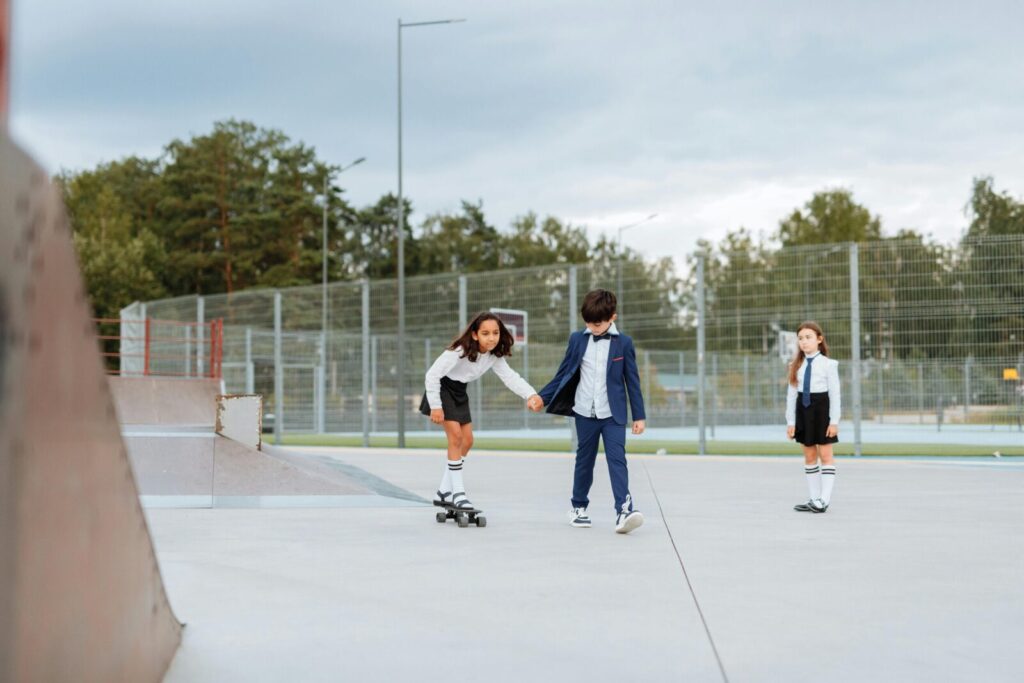In today’s fast-paced digital world, outdoor play has become more crucial than ever for children’s growth and well-being. Modern lifestyles often encourage screen time over active play, which can limit both physical and mental development. Studies from the early 2000s onwards have consistently shown that spending time outside supports not only physical health but also creativity, social skills, and emotional resilience. This article explores ten compelling reasons why outdoor play remains a vital part of childhood in the 21st century.
Physical Health Boost

Outdoor play helps children build stronger muscles and bones, improving overall fitness. Activities like running, climbing, and cycling increase cardiovascular health and stamina. According to research conducted by the American Academy of Pediatrics, children who spend at least one hour daily outside are less likely to suffer from obesity. Fresh air and sunlight also contribute to vitamin D production, supporting immune function. In today’s era of sedentary lifestyles, outdoor activity is a natural and necessary way to maintain a child’s physical health.
Mental Wellbeing
Spending time outdoors reduces stress and anxiety in children. Nature exposure has been linked to lower cortisol levels and improved mood regulation. Studies from 2010 onwards show that unstructured outdoor play helps children cope with daily pressures, including school and social challenges. Being outside encourages mindfulness and a sense of freedom, allowing kids to relax and recharge. In a world filled with digital distractions, outdoor play offers a rare opportunity for genuine mental rest and emotional balance.
Encourages Creativity
Unstructured outdoor environments stimulate imagination and problem-solving skills. Unlike indoor toys, natural settings offer endless possibilities for storytelling, building, and inventing games. Research in child development highlights that children who regularly play outside display higher levels of creativity and innovative thinking. Trees, rocks, and open spaces become tools for invention, encouraging mental flexibility. At a time when structured schedules dominate, outdoor play remains a space where children can freely explore ideas and create without limits.
Social Skills Development

Playing outdoors with peers encourages collaboration, negotiation, and empathy. Children learn to share, resolve conflicts, and communicate effectively while engaging in group activities like tag or team sports. Observational studies from the 2010s indicate that children who spend more time in outdoor play settings develop stronger social competence than those confined to screens. Outdoor environments offer dynamic social challenges, helping kids understand teamwork and cooperation naturally, which are essential skills for lifelong relationships.
Connection With Nature

Spending time outside fosters a deep appreciation for the environment. Activities like gardening, hiking, or observing wildlife teach children about ecosystems and sustainability. Research from environmental education programs shows that early exposure to nature encourages long-term pro-environmental behavior. In an era where urban living often separates children from green spaces, regular outdoor play is crucial for cultivating curiosity and respect for the natural world. This connection benefits both personal well-being and ecological awareness.
Improves Focus and Academic Performance

Studies suggest that outdoor play positively affects concentration and learning outcomes. Children who spend time outside demonstrate enhanced attention spans and problem-solving abilities in classroom settings. Research from 2015 onward found that brief periods of outdoor activity can improve cognitive function and memory retention. The stimulation of sights, sounds, and movements in nature provides a mental reset, allowing children to return to academic tasks with renewed focus. Outdoor play, therefore, complements educational success.
Builds Resilience and Risk Assessment
Outdoor play naturally exposes children to manageable risks, such as climbing or balancing, which builds resilience. Learning to navigate these challenges teaches decision-making, perseverance, and self-confidence. Studies in developmental psychology show that children who experience calculated risk outdoors are better prepared to handle setbacks and uncertainty. In a society that often prioritizes safety to the extreme, outdoor play provides essential opportunities for children to test limits and develop inner strength responsibly.
Reduces Screen Dependence

Time spent outdoors directly counters the growing trend of screen dependency. Excessive screen time has been linked to sleep disruption, reduced physical activity, and impaired social development. Outdoor play offers an alternative that engages the body and mind in meaningful ways. Research from pediatric health studies emphasizes the importance of balancing screen exposure with active play. By choosing outdoor activities, children develop healthier habits and enjoy experiences that screens cannot replicate, including tactile learning and real-world interaction.
Enhances Sensory Development
Nature provides rich sensory experiences that are essential for child development. Exposure to different textures, smells, sounds, and sights strengthens sensory integration. Studies show that children who regularly interact with diverse outdoor environments develop better coordination, balance, and spatial awareness. Unlike indoor settings, which are often limited in stimuli, outdoor play challenges children to process multiple sensory inputs simultaneously. This stimulation supports both neurological growth and a child’s ability to respond effectively to their surroundings.
Lifelong Health Habits
Engaging in outdoor play during childhood fosters habits that last a lifetime. Active play encourages a positive attitude toward exercise, nature, and wellness. Long-term studies indicate that children who enjoy outdoor activity are more likely to maintain physical activity in adulthood. In a society increasingly dominated by sedentary entertainment, fostering outdoor enjoyment early establishes a foundation for holistic health. These habits contribute not only to physical well-being but also to emotional resilience and environmental awareness throughout life.
Comments